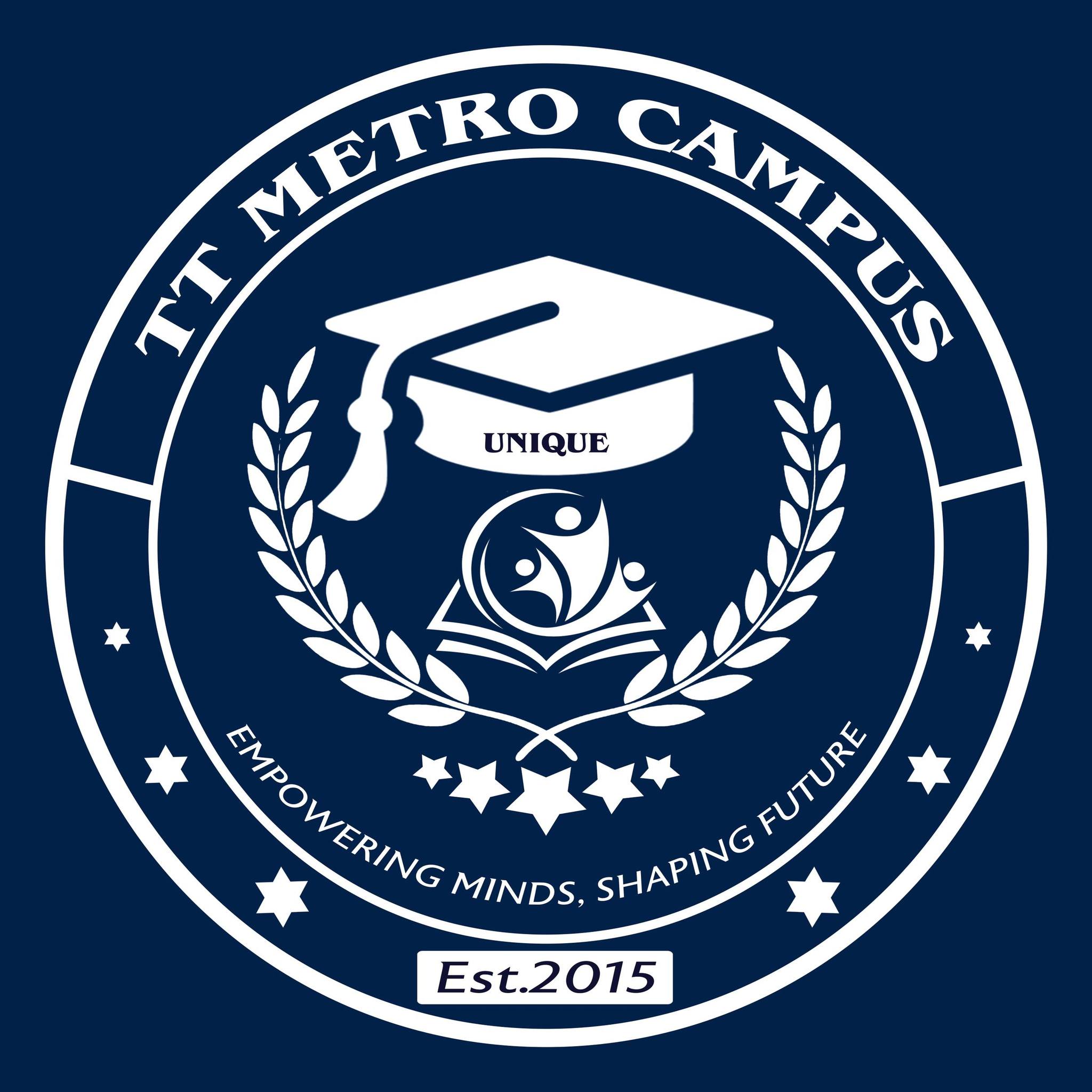Campus Direct - MSc Psychological Research Methods
Overview of the course
Our psychological research methods masters degree provides extensive training if you are looking to develop a broad range of transferable skills relevant to independent research and beyond. The course has been designed specifically to prepare graduates in Psychology or related disciplines for:a PhD degreeresearch related careers in academic or applied psychological disciplinescareers in which data handling and analytical skills are of relevance.You might also complete the course as a means of improving your research skills in preparation for further training as a professional psychologist (often as a clinical or educational psychologist).Both awards are equivalent, although the MSc has a larger taught component whilst the MRes places greater emphasis on the conduct of independent research. You may wish to apply to the MSc in Psychological Research Methods in the first instance and then you can make a choice of award later, in conjunction with the Course Leader and teaching team.Choosing your routeThe MSc emphasises a taught focus across a range of methods and will be suitable for students keen to develop a broad profile of independent research skills.The innovative course structure means you don't need to decide which award you want to focus on until the end of Term One.Assessment methodsYou will be assessed in a variety of ways and on a modular basis through:examinationcourseworkessayslaboratory reportsoral presentationsresearch project.Careers and employabilityUpon graduation, you'll possess the methodological and practical knowledge required to realise your potential as an independent researcher in various fields of Psychology or in closely related disciplines.Many of our graduates have gone on to pursue an academic and / or research career in various areas of psychology (by working as a research assistant or associate, for example, or by studying for a PhD). You may choose to use your research methods qualification as a stepping stone to undertaking further training as a professional psychologist (for example, in forensic, clinical, and educational psychology) or to secure careers in data handling and analysis outside psychology (for example, in industry or the civil service).The skills gained are transferable across a wide range of careers.Your qualification is likely to be popular with many employers because you'll have demonstrated an ability to write essays and reports, to master advanced methods of data analysis and to talk and present in front of other people.
Entry requirements
For students from Sri Lanka
Student need to hold Sri Lankan Degree at Second Class Lower, 50% or GPA 2.7 for 2:2 and Second Class Upper for 2:1 for entry to masters courses. IELTS: 6.5 with a minimum of 5.5 in each component.Students will need an undergraduate degree (minimum 2.1) in Psychology or a closely related discipline; or other recognised equivalent qualification. Students without such qualifications will be considered on an individual basis but will be required to demonstrate how their experiences and knowledge would enable them to study this course at Masters-level in their Personal Statement. Good performance in research methods and statistics classes and / or in the conduct and presentation of a research project are likely to act as a mitigating factor where a 2.1 has not been achieved at undergraduate level. Their application form requires a written statement in which they should outline reasons for wishing to undertake the MSc / MRes Psychological Research Methods course. We will be looking to ensure that they have a sound rationale for joining the course based on a realistic appreciation of the discipline and profession of psychology. Students should have an IELTS 6.5 with a minimum of 6.0 in each component. TOEFL iBT - Overall score of 81 with at least 10 Reading, 9 Listening, 17 Speaking, 19 Writing.
For international students
IELTS (Academic only) - 7.0 (or better) (no component lower than 7.0); TOEFL (paper based) - 600 (or better) (with a minimum Test of Written English Score of TWE 5); TOEFL (electronic or computer based) - 250 (or better) (with essay rating of at least 5); TOEFL (internet based) - 95 (or better) (with 22 minimum in all bands); Pearson (PTE Academic) - 65 (or better) (with no communicative score less than 65); Cambridge English Scale Scores for FCE, CAE and CPE - Cambridge English Advanced (CAE) and Cambridge English Proficiency (CPE)/ 185 or above. No less than 185 in each skill.
2 years
Social Science & Humanities
Masters / MBA
Related Courses

Certificate Programme in Enhancing Pedagogical Skills Through Psychology


Diploma in Counseling and Psychotherapy


Certificate Course in Psychology




